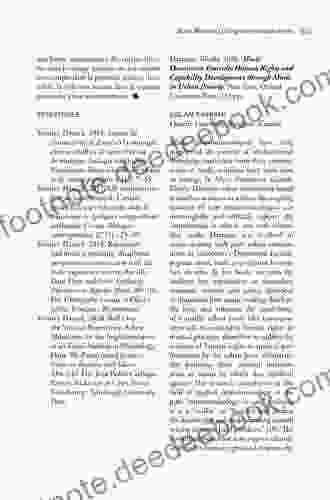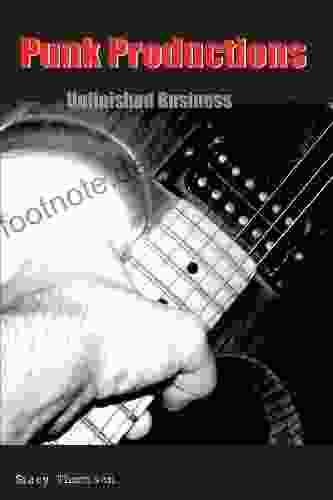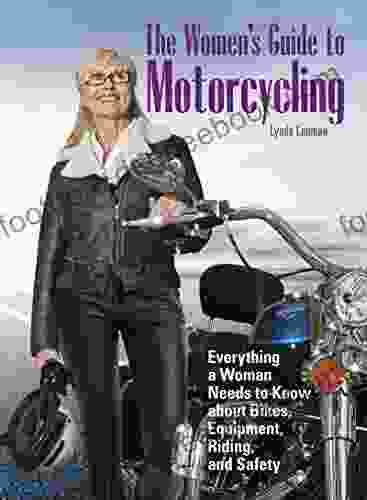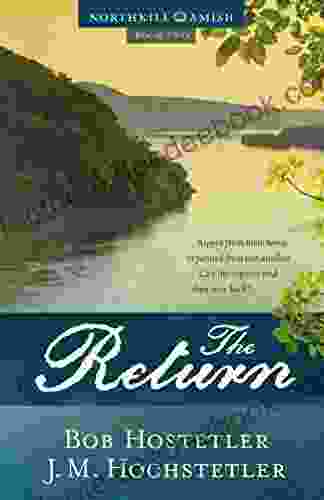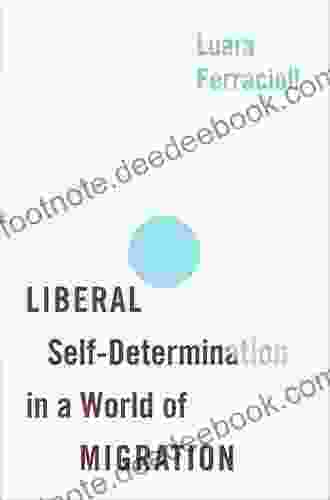Unveiling the Transformative Power: Human Rights and Capability Development through Music in Urban Poverty

In the tapestry of urban landscapes, amidst the bustling streets and overcrowded slums, music resonates as a beacon of hope and empowerment for those navigating the challenges of poverty. It has the unique ability to transcend language and cultural barriers, becoming a universal language that speaks to the human spirit. By harnessing the transformative power of music, we can unlock human rights and foster capability development, empowering individuals to rise above their circumstances and live lives of dignity and fulfillment.
Music as a Catalyst for Human Rights
Access to music is a fundamental human right enshrined in the Universal Declaration of Human Rights. Article 27 states that everyone has the right to "freely participate in the cultural life of the community, to enjoy the arts and to share in scientific advancement and its benefits." Music provides a platform for marginalized communities to express their voices, share their stories, and challenge injustices.
4.6 out of 5
| Language | : | English |
| File size | : | 15473 KB |
| Text-to-Speech | : | Enabled |
| Enhanced typesetting | : | Enabled |
| Word Wise | : | Enabled |
| Print length | : | 231 pages |
| Lending | : | Enabled |
| Screen Reader | : | Supported |
Through music, urban poor communities can raise awareness about their struggles, advocate for their rights, and demand social change. Music empowers individuals to overcome barriers, such as poverty, discrimination, and exclusion, by providing a sense of belonging, identity, and purpose. It fosters social cohesion, bridging divides and creating a more inclusive society.
Music and Empowerment through Capability Development
The capabilities approach, pioneered by Nobel laureate Amartya Sen, emphasizes the importance of human capabilities – the freedoms and opportunities people have to live the lives they value. Music can play a crucial role in enhancing these capabilities, fostering resilience, creativity, and self-expression among urban poor populations.
Music education, for instance, has been shown to improve cognitive skills, academic achievement, and social-emotional development. By providing access to musical instruments, training, and performance opportunities, we can empower individuals with the knowledge, skills, and confidence they need to succeed.
Moreover, music can act as a form of therapy, helping to alleviate stress, trauma, and mental health challenges commonly faced by urban poor communities. It provides a safe and expressive outlet for individuals to process their emotions, build coping mechanisms, and nurture their overall well-being.
Case Studies of Musical Impact
Numerous case studies around the world demonstrate the transformative power of music in addressing urban poverty. In the slums of Kibera, Nairobi, the organization "Music for Life" provides music training and performance opportunities to marginalized youth. The program has led to increased school attendance, improved literacy and numeracy skills, and reduced crime rates.
In Caracas, Venezuela, the "Sistema de Orquestas Infantiles y Juveniles de Venezuela" (El Sistema) has provided music education to over 2 million children from low-income communities. El Sistema has been credited with reducing poverty, crime, and dropout rates, while fostering social inclusion and cultural pride.
These examples highlight the multifaceted benefits of music in empowering urban poor communities and promoting human rights. By recognizing and investing in the transformative power of music, we can create a more equitable and just world where everyone has the opportunity to thrive.
Recommendations for Policymakers
To harness the full potential of music in addressing urban poverty and promoting human rights, policymakers should consider the following recommendations:
- Integrate music education into formal and non-formal educational curricula to provide access to music training for all children and youth.
- Support community-based music programs that empower marginalized communities and foster social inclusion.
- Invest in music therapy programs to address the mental health challenges faced by urban poor populations.
- Promote music-based initiatives that raise awareness about human rights issues and advocate for social change.
- Recognize and celebrate the contributions of musicians and artists from urban poor communities to promote cultural diversity and foster a sense of belonging.
Music is not merely a form of entertainment but a powerful tool for social transformation. By unlocking its potential in addressing urban poverty and promoting human rights, we can empower individuals to rise above their circumstances and live lives of dignity and fulfillment. It is through the transformative power of music that we can build a more just and harmonious world where everyone has the opportunity to reach their full potential.
Let us embrace the transformative power of music, recognize it as a fundamental human right, and harness its potential to unlock human capabilities and create a world where everyone has the opportunity to live a life of dignity and purpose.
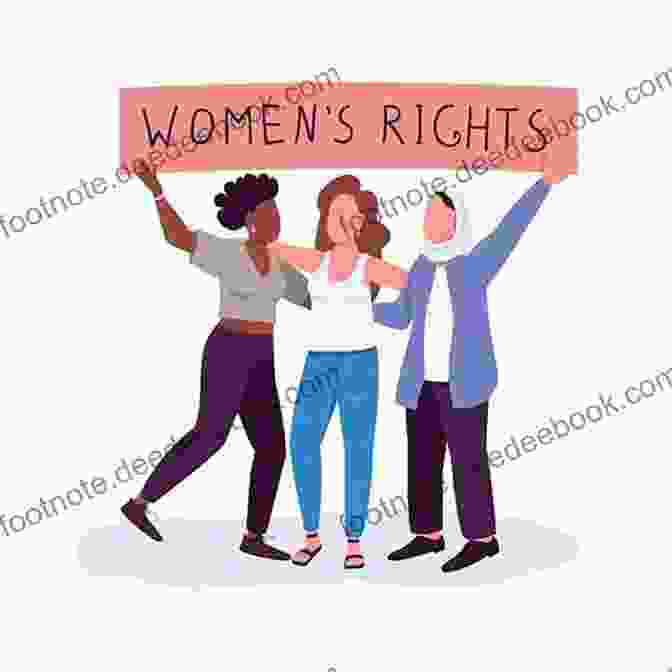
4.6 out of 5
| Language | : | English |
| File size | : | 15473 KB |
| Text-to-Speech | : | Enabled |
| Enhanced typesetting | : | Enabled |
| Word Wise | : | Enabled |
| Print length | : | 231 pages |
| Lending | : | Enabled |
| Screen Reader | : | Supported |
Do you want to contribute by writing guest posts on this blog?
Please contact us and send us a resume of previous articles that you have written.
 Book
Book Novel
Novel Chapter
Chapter Text
Text Genre
Genre Reader
Reader Library
Library Paragraph
Paragraph Sentence
Sentence Glossary
Glossary Foreword
Foreword Synopsis
Synopsis Footnote
Footnote Scroll
Scroll Bestseller
Bestseller Classics
Classics Biography
Biography Autobiography
Autobiography Memoir
Memoir Reference
Reference Encyclopedia
Encyclopedia Dictionary
Dictionary Thesaurus
Thesaurus Narrator
Narrator Character
Character Resolution
Resolution Librarian
Librarian Card Catalog
Card Catalog Borrowing
Borrowing Archives
Archives Scholarly
Scholarly Lending
Lending Reserve
Reserve Reading Room
Reading Room Special Collections
Special Collections Interlibrary
Interlibrary Literacy
Literacy Dissertation
Dissertation Storytelling
Storytelling Reading List
Reading List Iain Stewart
Iain Stewart Wendy Hinote Lanier
Wendy Hinote Lanier Thara Tenney
Thara Tenney Marie James
Marie James Ginny Tata Phillips
Ginny Tata Phillips Julie Turjoman
Julie Turjoman C R Jane
C R Jane Claire Garland
Claire Garland Michael Hofmann
Michael Hofmann Joice Berth
Joice Berth Derek Sayer
Derek Sayer David D Williams
David D Williams Amy Lant Wenger
Amy Lant Wenger Vida Sem Paredes
Vida Sem Paredes Daniel Barenboim
Daniel Barenboim J R Mathews
J R Mathews Virginie Despentes
Virginie Despentes Steven J Brams
Steven J Brams Arthur Rackham
Arthur Rackham Rodford Edmiston
Rodford Edmiston
Light bulbAdvertise smarter! Our strategic ad space ensures maximum exposure. Reserve your spot today!
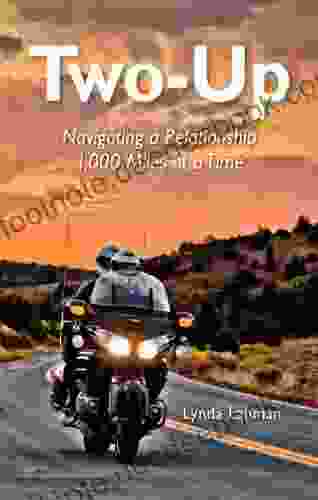
 Yasunari KawabataNavigating Relationships 1000 Miles at a Time: A Comprehensive Guide for...
Yasunari KawabataNavigating Relationships 1000 Miles at a Time: A Comprehensive Guide for...
 Steven HayesThe Soulful Melodies of Don Williams: An Enchanting Journey Through American...
Steven HayesThe Soulful Melodies of Don Williams: An Enchanting Journey Through American... Branson CarterFollow ·4.4k
Branson CarterFollow ·4.4k Mario Vargas LlosaFollow ·15.3k
Mario Vargas LlosaFollow ·15.3k Billy FosterFollow ·6.8k
Billy FosterFollow ·6.8k Esteban CoxFollow ·8k
Esteban CoxFollow ·8k Ernest ClineFollow ·2.5k
Ernest ClineFollow ·2.5k Terry PratchettFollow ·14.3k
Terry PratchettFollow ·14.3k Griffin MitchellFollow ·6.8k
Griffin MitchellFollow ·6.8k Charles ReedFollow ·11k
Charles ReedFollow ·11k
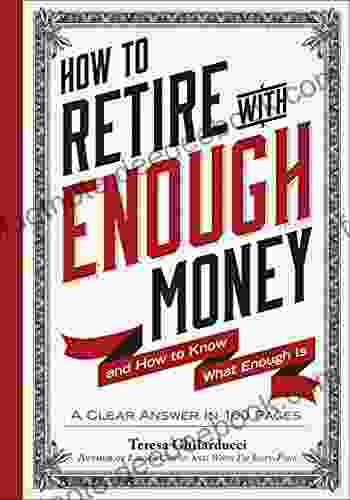
 Allen Ginsberg
Allen GinsbergUnveiling the True Meaning of Enough: A Comprehensive...
: In the relentless pursuit of progress and...
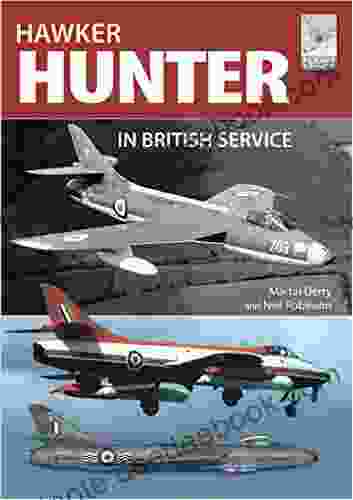
 Clay Powell
Clay PowellHawker Hunter: The Jet Fighter that Shaped British...
Nestled in the halls of aviation...
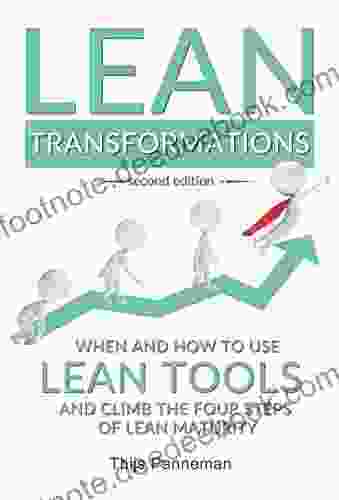
 Alec Hayes
Alec HayesWhen and How to Use Lean Tools and Climb the Four Steps...
Lean is a management...
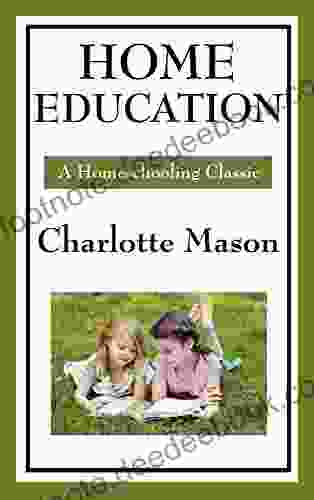
 Trevor Bell
Trevor BellVolume of Charlotte Mason Original Homeschooling: A...
Charlotte Mason's original...
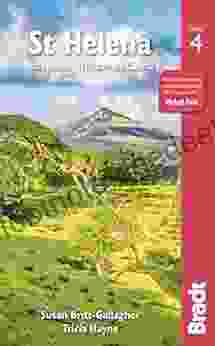
 John Parker
John ParkerAscending Tristan da Cunha: A Comprehensive Guide to...
Prepare yourself for an extraordinary journey...
4.6 out of 5
| Language | : | English |
| File size | : | 15473 KB |
| Text-to-Speech | : | Enabled |
| Enhanced typesetting | : | Enabled |
| Word Wise | : | Enabled |
| Print length | : | 231 pages |
| Lending | : | Enabled |
| Screen Reader | : | Supported |


